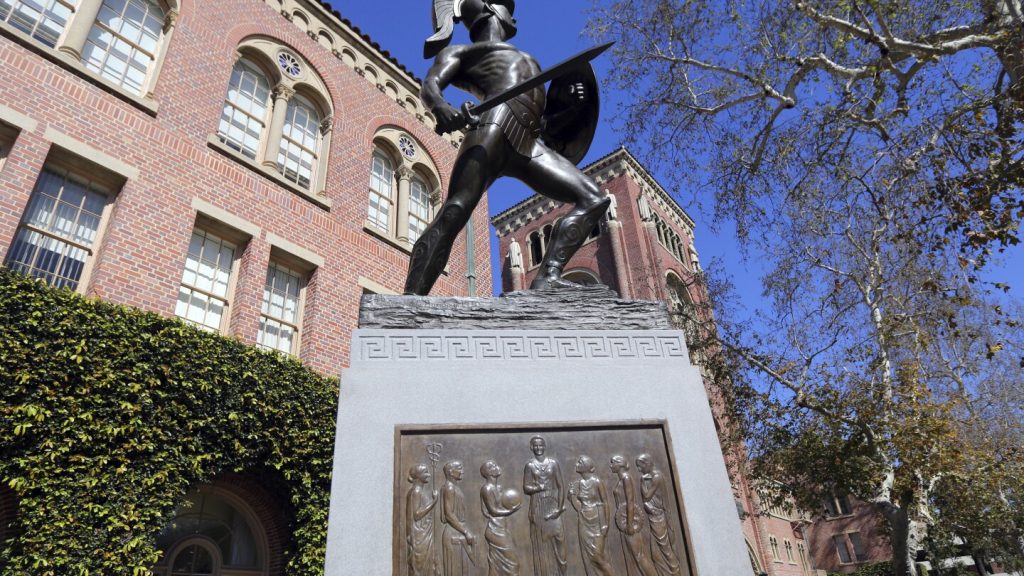The University of Southern California has canceled the commencement speech by its 2024 valedictorian, Asna Tabassum, citing security concerns due to her public support for Palestinians. The decision was made after a debate that took on an alarming tone, with provost Andrew T. Guzman stating that the risk of harassment and violence at the event was too substantial to ignore. While the university did not specify any threats, they expressed concerns about potential disruptions and security risks due to the intense emotions fueled by social media and the ongoing conflict in the Middle East.
The cancellation of Tabassum’s commencement speech has sparked debate about free speech and censorship on college campuses, especially in the wake of the Israel-Hamas war. Free speech advocates have criticized USC’s decision, emphasizing the importance of transparency in such matters. Zach Greenberg, a first amendment attorney, expressed concerns about the University bowing to external pressure and setting a precedent for eroding free speech. The decision has raised questions about how universities should balance security concerns with the values of free expression and open debate.
Tabassum, who is graduating with a major in biomedical engineering and a minor in resistance to genocide, expressed shock and disappointment at the decision. She stated that despite facing racist hatred and campaign of hate for her beliefs in human rights for all, she was blindsided by the university’s decision. Tabassum emphasized that her speech aimed to inspire hope in troubled times and urged her classmates to challenge bigotry and censorship by supporting justice for all people, including the Palestinian community. The university’s decision has led to mixed reactions among students, with some expressing disappointment and others supporting the move for safety reasons.
The USC’s decision to cancel Tabassum’s speech comes amid nationwide protests over the Israel-Hamas war, with pro-Palestinian demonstrations disrupting travel in several states. While pro-Israel groups praised the decision, the Council on American-Islamic Relations condemned it, accusing the university of caving to fear and rewarding hatred. Despite the controversy, USC officials maintained that the decision was solely about safety and security, consulting with campus safety experts to assess any potential risks. The university’s stance has raised concerns about the impact of external pressures on academic institutions and their ability to uphold the values of free speech and diversity of viewpoints.
As commencement season kicks off, the USC’s decision sets a precedent for how universities navigate political sensitivities and security concerns in the face of controversial speakers. The university’s move has reignited debates about the limits of free speech on college campuses and highlighted the challenges institutions face in balancing safety with academic freedom. While the cancellation of Tabassum’s speech has drawn criticism from free speech advocates, it has also underscored the complexities of addressing contentious issues in a diverse and polarized society. The incident serves as a reminder of the ongoing tensions surrounding political speech and the importance of upholding principles of openness and dialogue in academic settings.


